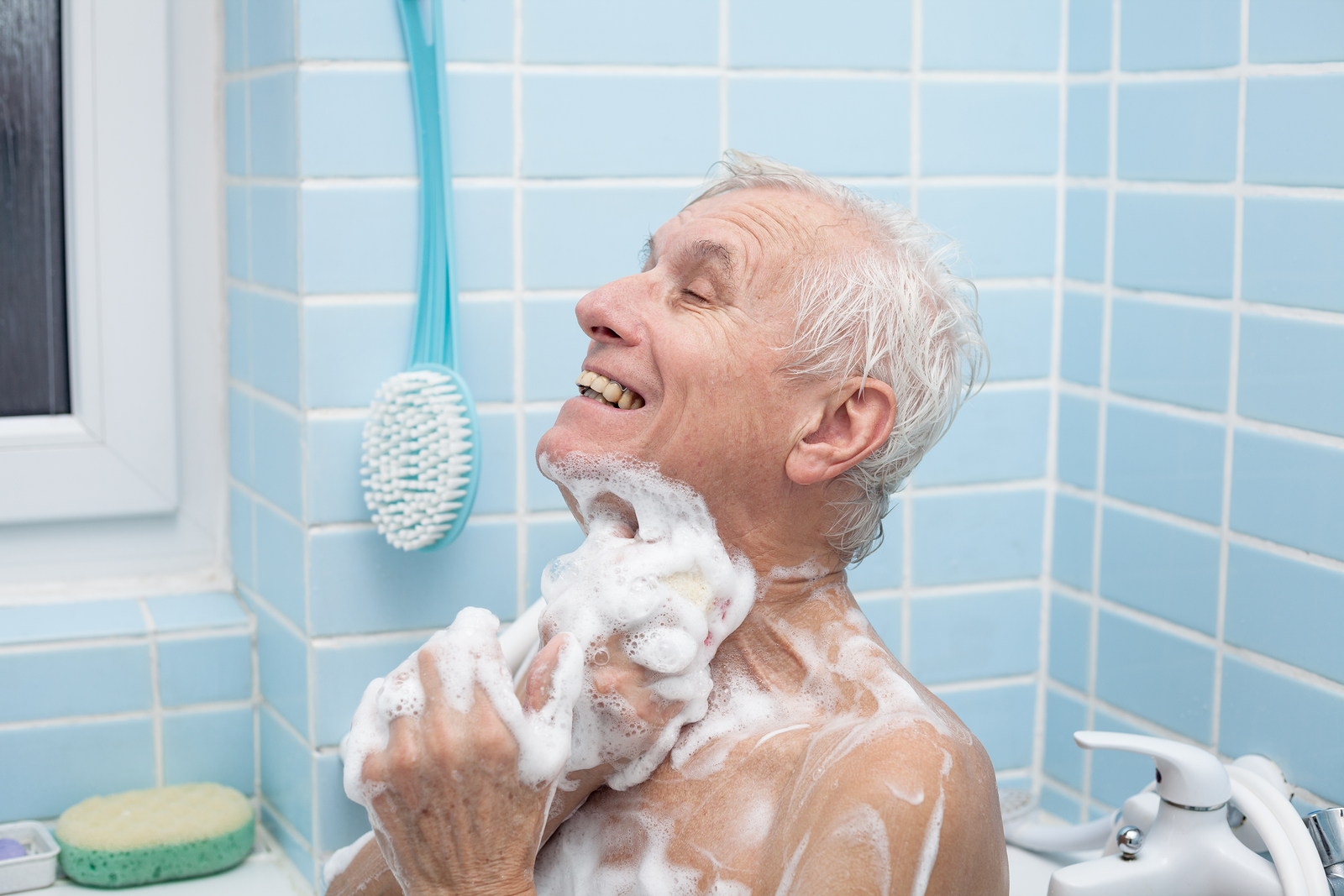March 18, 2021

As you continue to evaluate and re-evaluate if your parent is able to continue to live independently in his home with the help of you as his caregiver, you might get stuck on what daily activities he should be able to complete on his own. Furthermore, you should consider what activities you can supplement by either providing yourself, asking a family member to help, or hiring a professional such as an elderly care provider.
It’s important to know that even if your parent is doing well in all six, you will still need to take in other considerations such as cognitive ability, socialization health (such as loneliness or depression), and financial sustainability. But these six daily activities are a great place to start.
Is your parent able to eat safely? While this can include making their own food, it mostly refers to the ability for your parent to safely move food to his mouth and then chew and swallow without fear of choking. If your parent is no longer able to prepare his own meals, your elderly care provider can help with that task or you can find other services to make sure what he eats is well made and healthy.

Is your parent able to dress himself each morning appropriately? If he is living alone, it’ll be important that he can pick out appropriate clothes each day and then put them on. If arthritis makes buttoning shirts difficult or if he’s not able to bend over to tie his shoes, you can make allowances for that by getting him assistive devices. For him to stay safe at home, you’ll need the assurance that he will not leave the home unclothed or dressed inappropriately for the weather (such as wearing sandals during a snowstorm).
While an elderly care provider can help with a lot of hygiene maintenance, is your parent able to wash his hands and face, brush his teeth and groom himself? These are important considerations for a parent living alone in his home.
While there can be many levels of mobility, can your parent walk independently? If there are times he is home alone, you’ll need a plan on how he will exit the home if an emergency like a fire were to occur.
Does your parent have control over his bladder and bowels? If this is an area that your parent struggles with, is there a way you can provide support and devices to help him manage himself when accidents happen?
In a similar aspect, does your parent have the ability to use the toilet and tub without fear of falling or hurting himself? There are great assistive devices like bars that can be installed to help him if this area is difficult for him. As you work on creating a home environment that supports his independence, review his needs for elderly care, and implement the resources he can use to be successful.
As time progresses, you’ll want to continue to reevaluate these six daily activities and how well your parent is managing them to make sure he is safe and well as he maintains his independence.